DevOps for Big Data and Data Science
Deliver code, data-sets and models seamlessly to production in a secure pipeline.
Why DataOps - DevOps for BigData?
Considering that the ultimate aim of DevOps is to make software production and delivery more efficient, including data specialists within the continuous delivery process can be a huge help when it comes to optimizing and refining ongoing operations and processes.
There are valuable contributions data analysts can make at a variety of stages throughout the software delivery pipeline. Establishing Data Transparency while maintaining security – DataOps promote the data locally, team analysis uses computer resources near to data, instead of moving the data required.
Effective Planning
It helps to have a highly accurate understanding of the types of data sources the app will be working with, getting together with data experts before sitting down to write code, developers can plan updates in a more effective way.
Lower Error Rates
As software is written and tested, the complexity of the app and the data it works with increases so does the error rate. Being able to identify errors in the early stages of the delivery pipeline can save a huge amount of time and effort.
Consistency
Involving data experts in the delivery process can tell the development teams about challenges their software will likely face when it goes into production and helps in creating development environments that mimic real-world production environments.
Challenges in Big Data and Data Science Projects

PWSLab to the rescue
Benefits of PWSLab in Big Data and Data Science
PWSLab can yield an order of magnitude improvement in quality and cycle time to deliver applications to market using automated pipelines through customized workflows.
Adopt DataOps using PWSLab
Using our methodology and philosophy of implementing DataOps an organization can migrate to DataOps in six simple steps
-
1.
Add Data and Logic Tests
PWSLab has a robust automated test suite which is a key element in achieving continuous delivery and is essential for companies in the on-demand economy. Tests catch potential errors and generate warnings before they are released so the quality remains high.
-
2.
Version Control System
PWSLab helps to store and manage all of the changes to the code. It also keeps code organized in a repository and provides disaster recovery. Revision control also helps software teams parallelize their efforts by allowing them to branch and merge.
-
3.
Branch and Merge
Branching and merging allow the data analytics team to run their own tests, make changes, take risks and experiment. If a set of changes proves to be unfruitful, the branch can be discarded and the analytics team member can start over again using PWSLab.
-
4.
Use Multiple Environments
In addition to having a local copy of the code, professionals can have a copy of the relevant data within PWSLab. With on-demand storage from cloud services, a Terabyte data set can be quickly and inexpensively copied to reduce conflicts and dependencies.
-
5.
Reuse & Containerize
Complex functions, with lots of individual parts, can be containerized using a container registry within PWSLab so the data analytics teams can leverage each other's work. Containers are ideal for highly customized functions that require a skill set that isn’t widely shared among the team.
-
6.
Parameterized Processing
In software development, a parameter is some information that is passed to a program that affects the way that it operates. With the right parameters in place, accommodating the day-to-day needs of the users and data analytics professionals becomes a routine matter.






